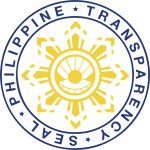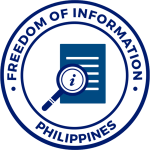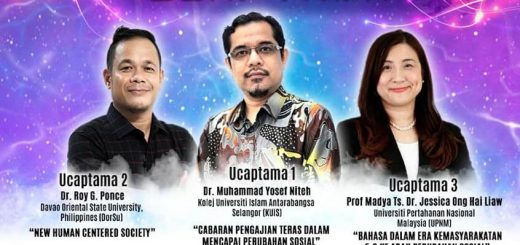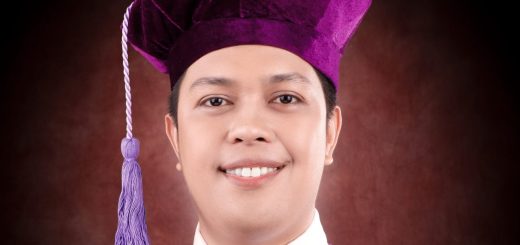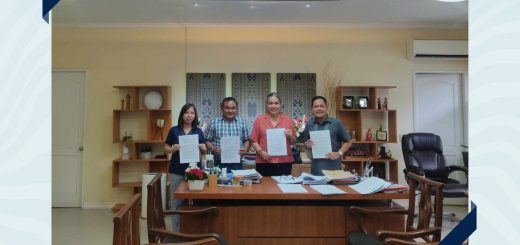DOrSU Hosts 2025 Research Colloquium, Features AI Experts from Malaysia
by DOrSU-PIO · Published · Updated
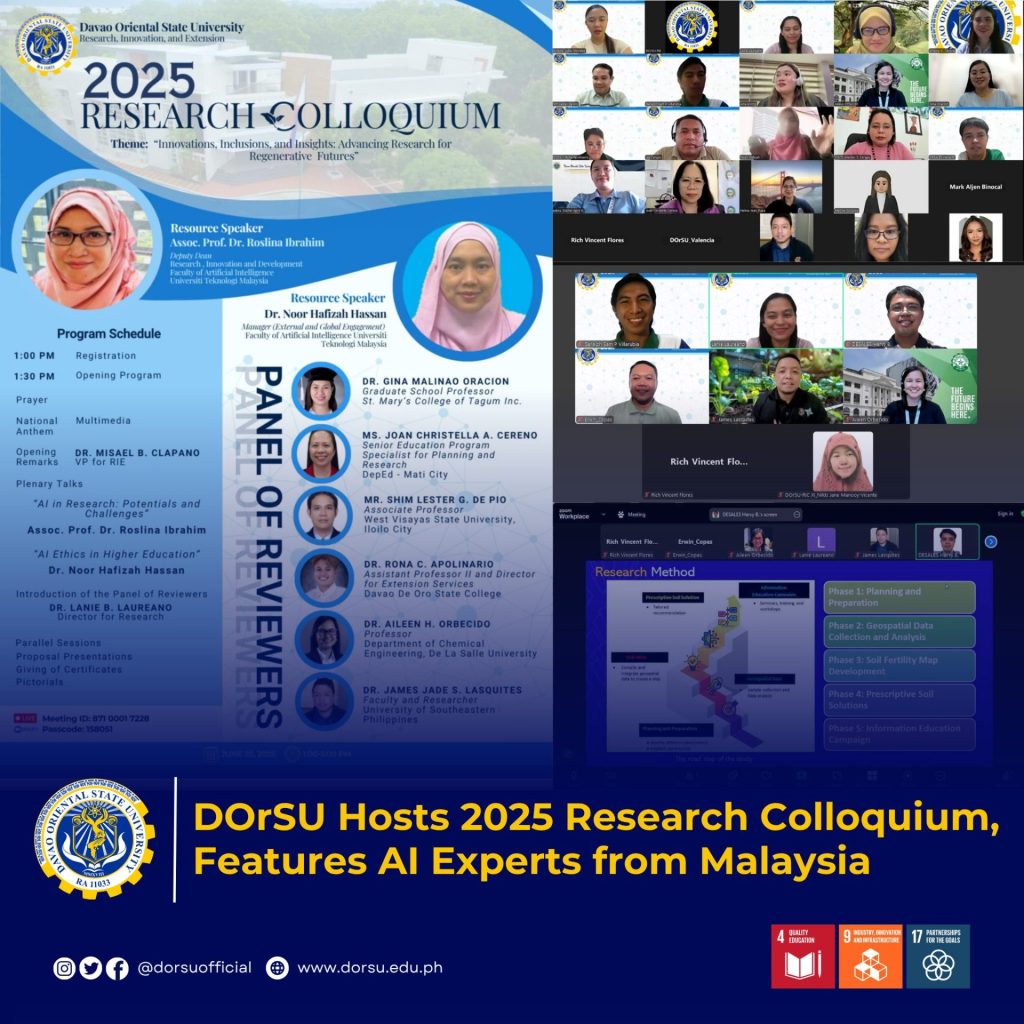
Davao Oriental State University (DOrSU), through the Office of the Director for Research under the Research, Innovation, and Extension (RIE) Division, successfully held the 2025 Research Colloquium on June 20, 2025, via a hybrid setup featuring both onsite and online participation.
Anchored on the theme “Innovations, Inclusions, and Insights: Advancing Research for Regenerative Futures,” the colloquium aimed to foster interdisciplinary research and support faculty researchers from underrepresented academic programs.
One of the highlights of the event was the participation of two Artificial Intelligence (AI) experts from Universiti Teknologi Malaysia: Associate Professor Dr. Roslina Ibrahim, Deputy Dean for Research, Innovation and Development at the Faculty of Artificial Intelligence, and Dr. Noor Hafizah Hassan, Manager for External and Global Engagement of the same faculty.
Dr. Ibrahim delivered a plenary talk titled “AI in Research: Potentials and Challenges.” Meanwhile, Dr. Hassan shared insights on “AI Ethics in Higher Education.”
A distinguished group of external reviewers also joined the event to provide feedback on the presented proposals. The panel was composed of Dr. Gina Malinao Oracion (Graduate School Professor, St. Mary’s College of Tagum, Inc.); Ms. Joan Christella A. Cereno (Senior Education Program Specialist, DepEd–Mati City); Mr. Shim Lester G. de Pio (Associate Professor, West Visayas State University); Dr. Rona C. Apolinario (Director for Extension Services, Davao de Oro State College); Dr. Aileen H. Orbecido (Professor, Department of Chemical Engineering, De La Salle University); and Dr. James Jade S. Lasquites (Faculty-Researcher, University of Southeastern Philippines).
The event featured parallel sessions for proposal presentations by faculty members from selected programs, including Special Needs Education, Early Childhood Education, Industrial Technology Management, Engineering, Business Administration, Tourism and Hotel Management, Development Communication, Agribusiness Management, and General Education.
Fifteen research proposals were presented for review during the colloquium. The event served not only as a platform for enhancing the quality of these proposals but also as an avenue for inspiring faculty members to pursue research that is transformative, interdisciplinary, and socially relevant.
This year’s Research Colloquium formed part of DOrSU’s broader initiative to support regenerative and sustainable academic pursuits that contribute to community development and innovation.

